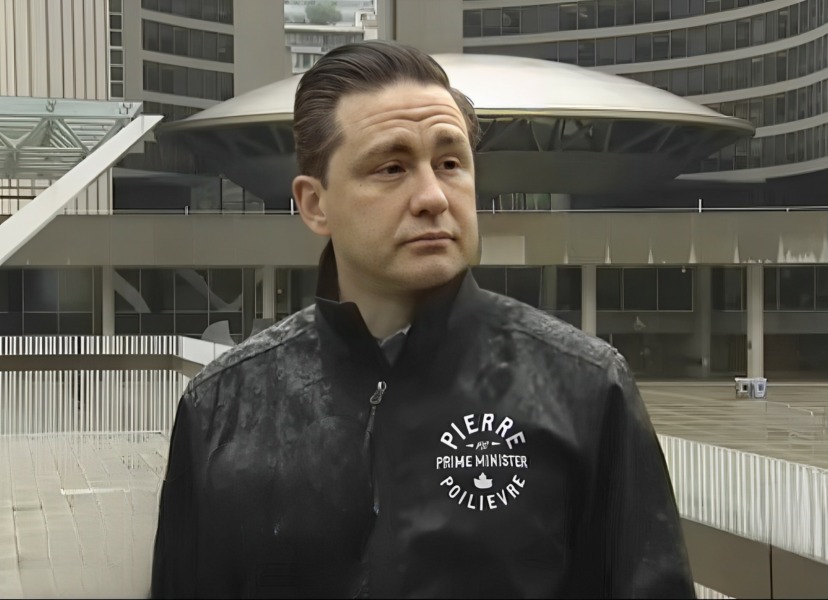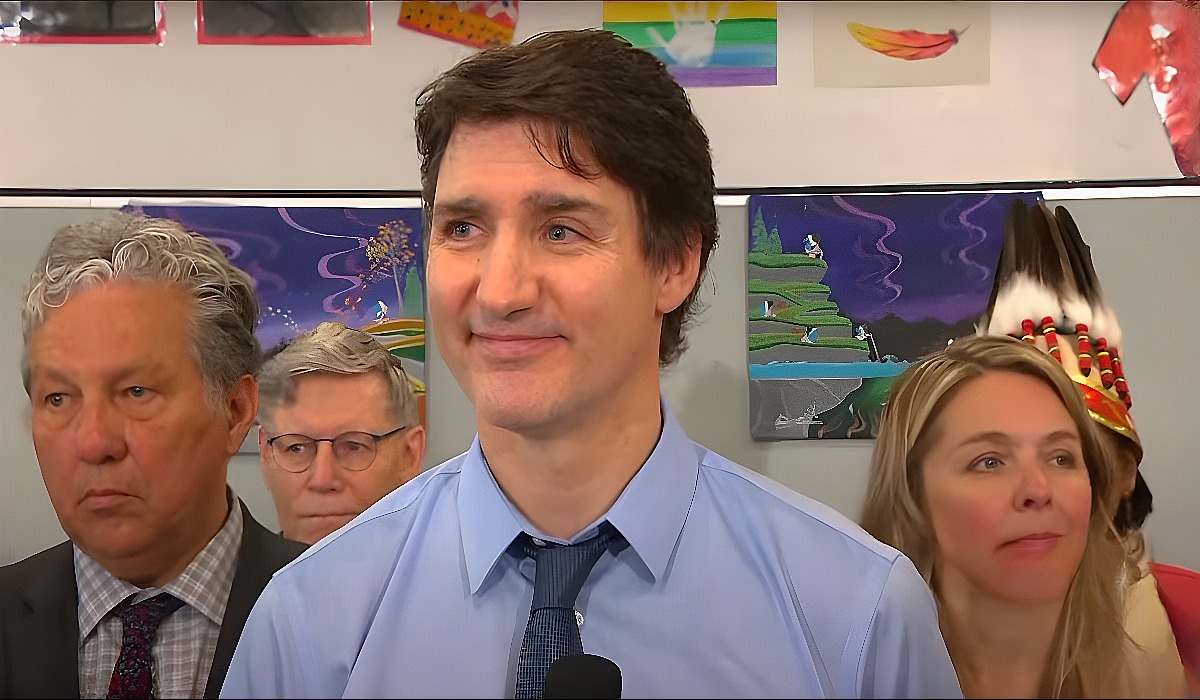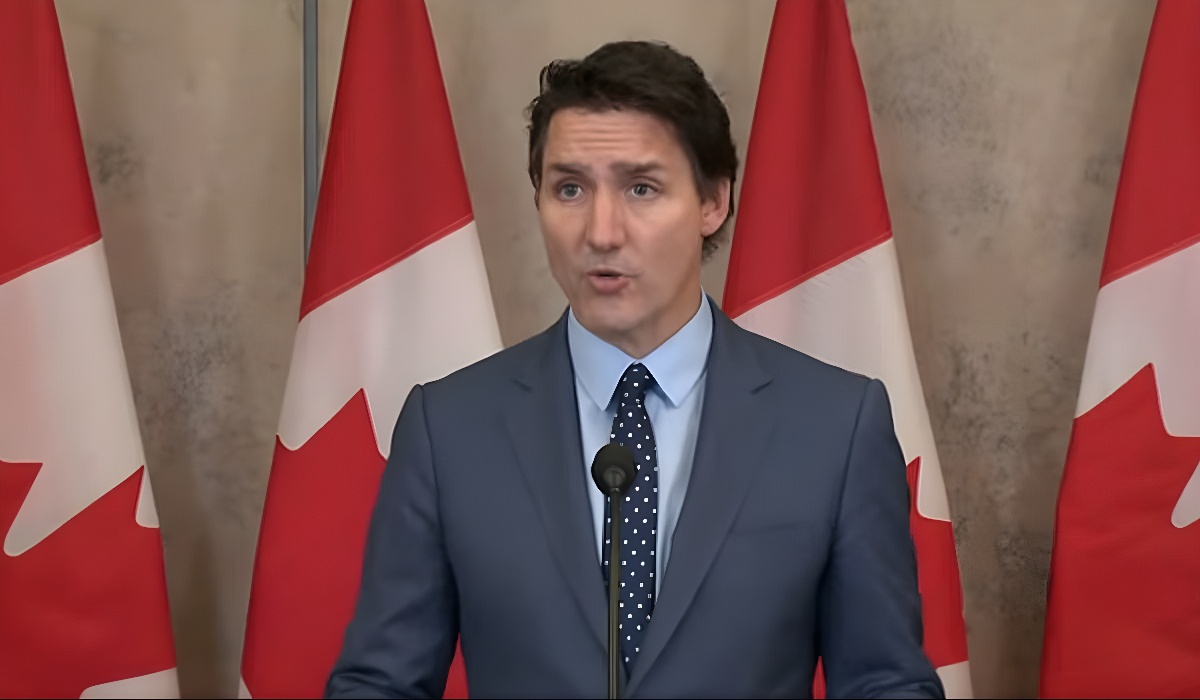The opposition leader, Pierre Poilievre, has relentlessly attacked the government, falsely blaming them for inflation. Addressing this misinformation and educating individuals, including Mr. Poilievre, on inflation’s fundamental concepts and principles is essential. While the Canadian economy has indeed fared well amidst the pandemic, it is vital to comprehend the complex factors influencing inflation and the role of government in managing it.
Inflation is a critical component of any economy and is often regarded as an indicator of economic health. It refers to the general increase in prices of goods and services over time. However, attributing inflation solely to the actions of a specific government or individual is a gross oversimplification that misleads those with limited knowledge of the economic process.
The relationship between inflation and unemployment is a crucial aspect to consider. Generally, low unemployment rates are favourable, indicating a strong job market and economic participation. However, this can also lead to increased inflation. When unemployment is low, wages rise as businesses compete for a limited labour pool. Businesses may raise prices to offset higher labour costs, leading to inflation.
Balancing low inflation with low unemployment is a delicate task. Achieving this equilibrium requires careful consideration of government policies, business practices, and consumer behaviour. If the unemployment rate is too high, consumer demand may decrease, lowering prices and inflation. However, this scenario can lead to job losses and reduced wages. On the other hand, if unemployment is too low, inflation may rise, negatively impacting the economy.
The Canadian economy has experienced a relatively low unemployment rate in recent years, indicating a favourable job market. This is indeed a positive outcome, demonstrating the resilience of the country’s economy during and after the pandemic. However, this low unemployment rate has also contributed to higher inflation.
It is crucial to acknowledge that the government’s role in managing inflation is multifaceted. Monetary policy, including interest rates and the management of money supply, is controlled by the central bank. Fiscal policies, such as government spending and taxation, also play a role in influencing inflation. The government aims to balance economic growth, price stability, and employment levels.
Misinformation, such as Mr. Poilievre’s suggestion to invest in cryptocurrency to solve inflation, can be highly misleading. Cryptocurrencies are highly volatile, and speculative assets have resulted in significant financial losses for inexperienced investors. It is essential to base economic decisions on a solid understanding of economic principles rather than unfounded claims.
Understanding the complexities of inflation is crucial for informed economic discourse. Blaming any one government or individual for inflation oversimplifies a multifaceted process influenced by numerous factors. While the Canadian economy has performed well, it is vital to maintain a balanced approach to managing inflation, recognizing the challenges of simultaneously achieving low unemployment and low inflation. Educating individuals, specifically political leaders who want to be Prime Minister, about these economic realities is essential for informed decision-making and responsible public discourse. Mr. Poilievre’s assertion he is the solution to inflation is hubris!









